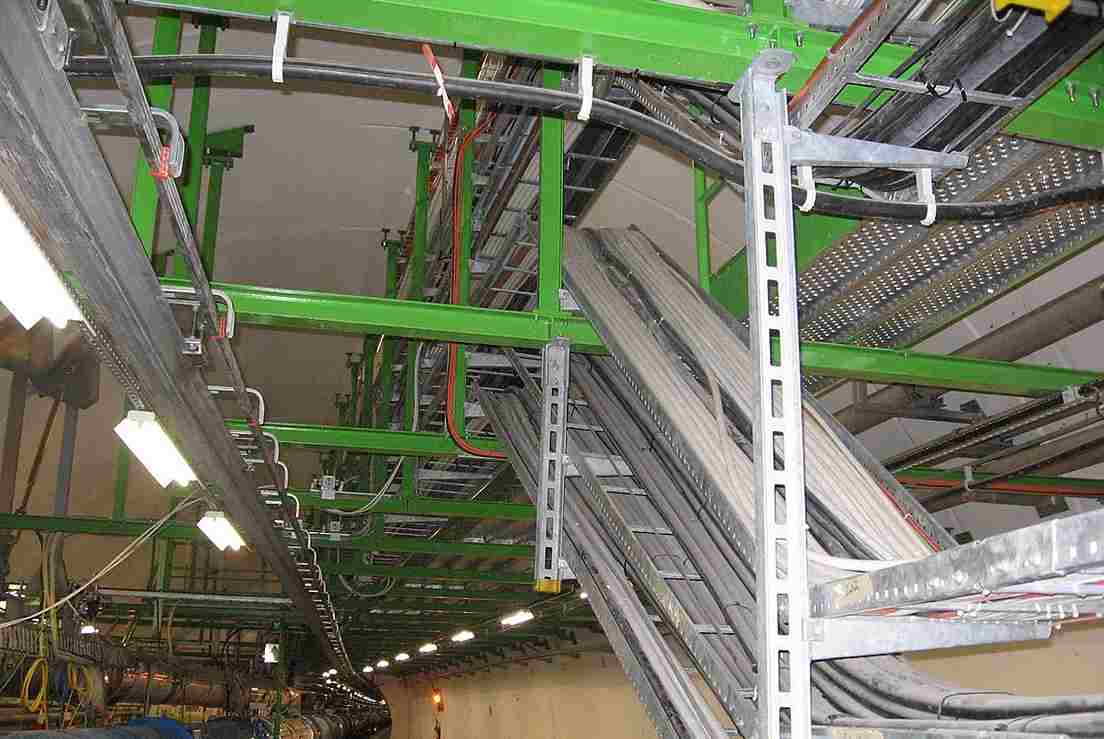
In the world of construction, Mechanical, Electrical, and Plumbing (MEP) systems serve as the lifeblood of modern buildings and facilities. These networks of pipes, wires, and vents keep our modern spaces comfortable and functioning.
But with escalating energy prices, it’s a struggle for building owners and occupants to keep MEP systems efficient and reliable. That’s why the need to integrate renewables into MEP systems is no longer just an option, but a necessity.
In this article, we’ll explore how soaring energy prices are impacting MEP systems and offer strategic insights for navigating this landscape.
Table of Contents
The global economy plays a big role in determining energy prices. Market volatility can be due to demand-supply dynamics, geopolitical tensions, and currency exchange rates.
Instability in politics, trade disputes, and geopolitical conflicts can mess up energy supply chains and push prices up.
As people become more aware of climate change and environmental degradation, cleaner, renewable energy gains more traction. Renewable energy investments and fossil fuel phaseouts contribute to shifting energy pricing dynamics.
A building’s mechanical systems, such as HVAC (Heating, Ventilation, and Air Conditioning), ensure occupant comfort and operational efficiency.
However, operational costs for HVAC systems go up as energy prices skyrocket. Heating and cooling use a lot of energy, so when prices jump, building owners and operators are hit hard.
Rising energy prices can force organisations to cut costs by turning down the thermostat or letting maintenance slide. This might seem smart at first, but it can backfire. Cranking the AC too high or neglecting equipment can make your whole system less efficient.
Higher energy prices can place a significant financial burden on consumers. For businesses, escalating energy prices can mean higher production costs.
Manufacturing, mining, and agriculture industries that are heavily reliant on electricity for manufacturing processes might struggle to stay competitive.
The rise in energy prices directly impacts lighting systems’ operational costs. Higher electricity rates mean more money spent on lighting indoors and outdoors, driving up utility bills for building owners and occupants.
That’s why a lot of places are switching to LED lights. They use less energy than old-fashioned bulbs, and they last longer, too.
Another way to counter rising energy prices is to generate your power. Solar panels are a popular option, especially as they get cheaper and easier to install.
There are other ways to optimise how you use electricity. Special software can help you track how much energy you’re using and where you might be wasting it.
Some programs even let you adjust your energy usage based on grid conditions and energy prices.
Heating water often consumes a large amount of energy. With rising energy prices, building owners and occupants have to pay more to heat water for domestic and commercial use.
In some cases, rising energy prices affect water usage. For instance, individuals or businesses might use less hot water if they’re worried about energy costs.
One way to combat higher water bills is to upgrade your water heater. Newer models, like tankless or heat pump systems, are more energy-efficient.
Low-flow faucets, fancy showerheads that use less water, and even low-flush toilets are becoming increasingly popular. These can help cut down on water use without sacrificing performance.
By making smart investments in energy-efficient technology, renewables, and good maintenance practices, you can keep your building’s MEP running smoothly. Remember, adaptation and innovation are key in making sure your critical infrastructure is resilient and efficient.
Pallet racking plays a central role in how a warehouse functions day to day. The…
Owning commercial property represents a significant financial and operational commitment. Whether the asset is a…
Exploring island beaches, diving locations, or the energetic city life are all amazing experiences when…
Growth in the mortgage sector requires more than increased case volume. Advisers must balance commercial…
Acoustics are crucial in any space, whether it's an office, classroom, or home workspace. Poor…
Engineering Foundations in Modern Casting Engineering expertise is vital to modern metal casting. It determines…